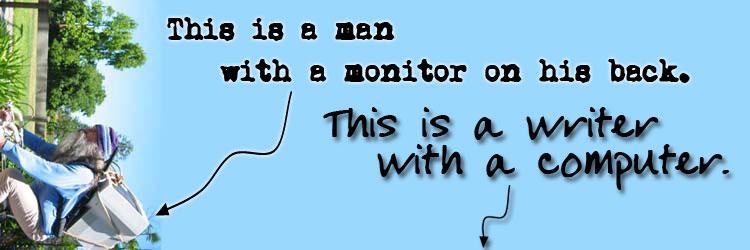What was the best moment that could serve as proof that everything is going to be alright? And how will you incorporate that discovery into the year ahead?
In 2018, it was realizing my own qualities. In 2017, it was giving advice in hopes of inspiring others. In 2016, it was the moment that when immersed in the election aftermath that anything could change. In 2015, it was the moment when I realized that I could finish Ice Cream Travel Guide. In 2014, it was when I wrote a well-crafted piece (that I read to a live audience 11 months later). In 2013, it was when light shone in the face of despair. In 2012, it was when I stood up for myself. In 2011, it was a moment of clarity, sincere belief and friendship. In 2010, it was an action of commitment.
When I am feeling uncomfortable with someone, I imagine the conversation that we’ll have. I would say words. A few. A lot. Just enough. The other would understand and nod. They would say “I never knew. I now understand.”
In actual practice, it’s never quite like that. It’s always my words as I have imagined them. Then it’s the unexpected: the other person feels defensive. My words aren’t heard. My feelings aren’t validated. I am wrong. I am misinterpreting things. I am making them feel bad. No matter how much I think that I have prepared. And everything is falling apart in that moment. And maybe I start doubting myself—did I not say it clearly? Was I not supposed to feel that way?
There were two moments this year that…didn’t end up that way although it appeared to be so.
When I gave my notice, I had a very prepared speech—rehearsed for a few days in front of a colleague. The colleague prepared me for potential reactions. At a previous role, out of anxiety and fear, I would start crying—a feminine reaction that often is interpreted in the worst way. This time though, I kept my mind at peace while I stated clearly why I was making a decision. He disagreed, of course, which I anticipated, and we nearly launched into a long disagreement. I quietly took a deep breath and simply said, “I see your point, and I may be wrong. But when I make a decision, I don’t often change my mind.”
And the tension dissipated. It was going to be okay.
The second moment was when my parents, granted, texted me a note of concern about Chris and me. “Is he dedicated?” they said.
As much as I have been frustrated with Chris, I was up in arms about what they said. Because they didn’t understand. And I already had said multiple times that he needs the space to heal. All the pressure isn’t helping. I glared at their message and eventually said, “He shows his dedication in different ways than through words. He’s not good with words. He shows it through the things that he does for people—acts of service. And you know that he has helped you a lot.”
They responded, “Yes, agreed.”
And then it was done.
Maybe there was one more moment. Chris told me his worried about a mutual friend’s relationship. “They’re fighting and screaming at each other all the time,” he said. “You know how they say that some people have irreconcilable differences. They have those differences.”
“But don’t we fight?” I said, thinking about our bickering about washing dishes and all the dusty electronics still blocking the loveseat for over two years.
“Not like them,” he said sadly. “We will be okay.”
